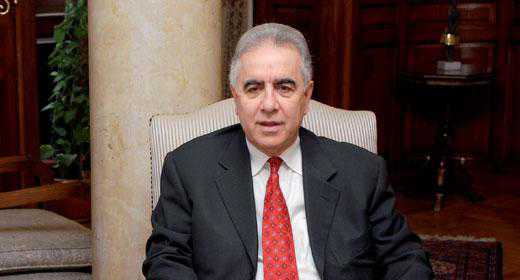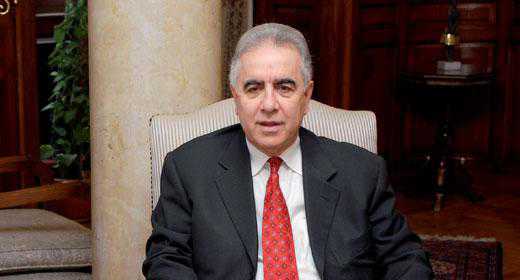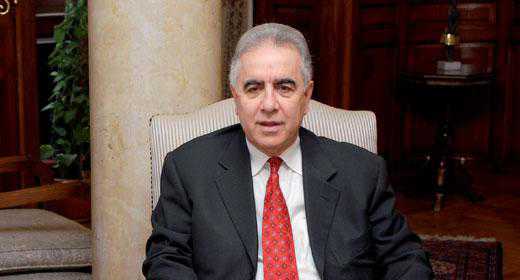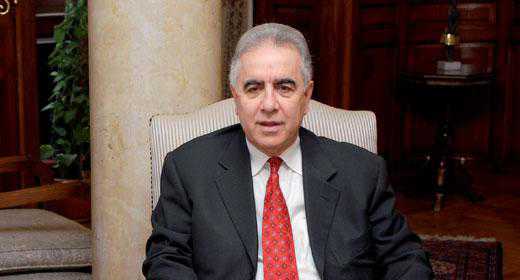
Lawyers on behalf of Armenian plaintiffs responded last week to the U.S. Government’s brief which had urged the Supreme Court not to review a Federal Appeals Court decision striking down a California law extending the statute of limitations on Armenian Genocide-era insurance claims.
The Solicitor General, on behalf of the U.S. government, had filed a politically-motivated and flawed brief that completely misrepresented the insurance case and raised unwarranted questions about the legality of the California law.
In his brief on the plaintiffs’ behalf, Igor Timofeyev, argues that the California statute (Section 354.4) does not violate any established federal policy and should therefore not be preempted. He asserts that California has the right to regulate the obligations of insurance companies, a traditional sphere of state competence and jurisdiction.
The plaintiffs’ lawyer accuses the US government of advancing “an unprecedented theory of federal affairs preemption: All claims arising out of international incidents are committed exclusively to the federal competence, even when these claims involve private actors and private contracts, and the federal government has taken no action to resolve them.”
Timofeyev qualifies the U.S. government’s position as “revolutionary” and “antithetical to the respect due to the states as separate sovereigns.” He then summarizes his counter-arguments in six points:
1) “To justify the Ninth Circuit’s aberrant decision, the Government articulates a foreign affairs field preemption theory of unprecedented breadth.” Timofeyev asserts: “Petitioners’ claims are against a private [German insurance] company, not against a foreign sovereign. Nor are these claims integral to ‘a major foreign policy dispute’ between the U.S. and a foreign nation.” The State of California, being “home to the overwhelming majority of Armenian-Americans,” has “a legitimate interest in securing compensation for its injured residents, irrespective of whether the underlying injury occurred in-state or abroad.”
2) “The court of appeals committed a fundamental error: It adjudged illegitimate a state’s well-established interests in regulating insurance, setting the statute of limitations for state-law claims, and ensuring compensation for its injured residents simply because the events giving rise to these claims occurred overseas. That is not the law.”
3) Countering the Government’s contention that Section 354.4 is based on “a distinct political point of view on a specific matter of foreign policy…
one that decries the actions of the Ottoman Empire,” Timofeyev reminds the court that Pres. Obama himself acknowledges that the Ottoman mass murders were “one of the worst atrocities of the 20th century.” Furthermore, the President commended states for commemorating “the massacre [of Armenians] in the final days of the Ottoman Empire.” Timofeyev also asserts that “the President’s repeated praise for states’ commemorative efforts is fundamentally inconsistent with the Government’s claim that the foreign affairs doctrine automatically preempts any state action expressing a ‘point of view’ on this issue.”
4) “The Government tries to bootstrap its preemption argument by invoking the U.S. efforts to negotiate a resolution of World War I era claims…. The Government concedes that Section 354.4 ‘does not conflict’ with any of these diplomatic efforts. Indeed, the Government acknowledges that ‘the United States did not…attempt to negotiate the resolution of claims by Armenians who were injured by the Ottoman Empire during that period.’” In fact, one of the reasons why the US Senate refused to ratify the American Treaty of Lausanne was “the absence of provisions for the Armenian refugees and exiles from the Ottoman Empire.”
5) The Government seems alarmed that Section 354.4 “imposes the politically charged label of ‘genocide’” on Turkey, which “could provoke Turkey’s ire. But fear of ‘upsetting foreign powers…even when the Federal Government desperately wants to avoid upsetting foreign powers’ is not a legitimate reason to preempt traditional state activity…. The Government cannot explain why, if the term ‘Armenian Genocide’ employed by Section 354.4 would have an adverse effect on foreign affairs, the same would not hold equally for laws and resolutions adopted by about forty states that expressly recognize the Armenian Genocide by name. Nor does the Government explain why a statute ‘creating judicially enforceable rights’ is more offensive to Turkey than state laws including the Armenian Genocide as part of mandatory school curricula.”
6) “The Ninth Circuit’s aberrant decision is generating confusion among lower courts.”
Timofeyev rightly concludes his brief by urging the Supreme Court to “review and correct the Ninth Circuit’s decision before it causes greater mischief.”





